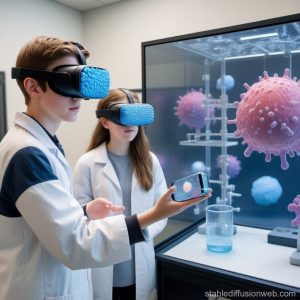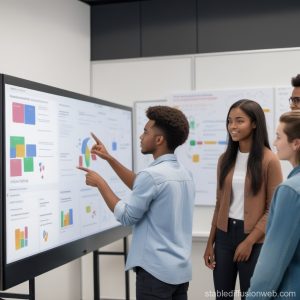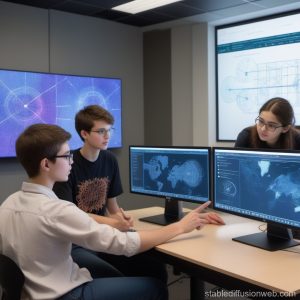The scenario for Topic 4 presents a common challenge faced by educators in today’s digital age – designing effective online courses while integrating emerging technologies like Generative AI. This technology has the potential to enhance learning experiences through personalized content generation, interactive simulations, and automated feedback systems. However, there are valid concerns about maintaining the integrity of assessments and ensuring that AI-generated content aligns with learning objectives.
While checking the recommended literature, my attention draw Fiock (2020) describing a practical approach for implementing instructional strategies to build a Community of Inquiry (CoI) into an online course. Using Sorensen and Baylen’s (2009) seven principles of good practice, the Fiock (2020) structured CoI instructional activities into presence categories for practitioner use. We in PBL6 group embarked on a similar journey to create “Seven easy steps to integrate AI in Collaborative Social Learning for ‘solving’ Wicked Problems.” This initiative aimed to combine the power of AI technologies with collaborative learning methodologies to address complex and multifaceted challenges known as “Wicked Problems.”
This collaborative effort not only highlighted the potential of AI in transforming educational practices but also underscored the importance of structured frameworks and pedagogical strategies in guiding the integration of emerging technologies into online learning experiences. By building upon existing research and best practices, we sought to empower educators and learners alike in navigating the evolving landscape of digital education and fostering a culture of continuous learning and innovation.
Imagine the possibilities! Here are some ideas for incorporating Generative AI into diverse learning experiences.
For instance, when designing a course in molecular microbiology (besides mandatory wet-lab experience) by incorporating Generative AI examples educators can enhance students’ understanding of complex biological concepts, promote hands-on experimentation in virtual environments, and prepare them for future careers in biotechnology, microbiology research, or healthcare. This approach not only leverages cutting-edge technology but also fosters critical thinking and problem-solving skills essential for scientific inquiry and innovation.

Furthermore, consider a course on digital marketing where students are tasked with creating marketing strategies for different target audiences. Generative AI tools can be utilized to generate realistic consumer profiles based on demographic data, purchasing behavior, and market trends. This AI-generated content can then be used as a foundation for students to develop and refine their marketing strategies, providing them with valuable insights into real-world applications of digital marketing techniques.

While, in a course focused on data analysis and visualization, Generative AI algorithms can assist students in generating complex data visualizations based on large datasets. This not only saves time but also enables students to explore different data representation techniques and gain hands-on experience in data visualization tools commonly used in professional settings.

However, it’s essential to approach the integration of Generative AI with caution and ethical considerations. Educators must ensure that AI-generated content aligns with academic standards, promotes critical thinking, and fosters active learning among students. Additionally, providing examples of the best AI tools available and their applications in specific course contexts can enhance students’ understanding and appreciation of AI technologies in education.
In conclusion, I would like to underscore the importance of leveraging Generative AI in online course design while addressing concerns about assessment integrity and maintaining pedagogical focus. By incorporating AI tools and their practical applications, educators can create engaging and innovative learning experiences that empower students to succeed in a rapidly evolving digital landscape.